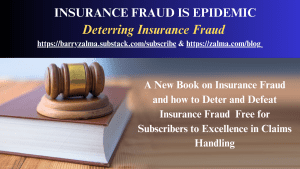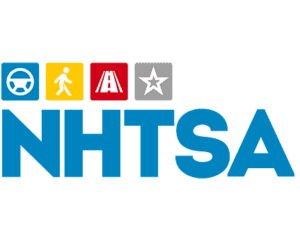Insurer May Pursue Independent Subrogation Claims After Plaintiff’s Claims Are Dismissed
The Hawaii Supreme Court determined that a subrogee insurance company that intervened had an independent right to continue pursuing its claims agains the tortfeasor that were not asserted by the subrogor employee even after the employee's claims were dismissed. Park v. Dongbu Ins. Co., Ltd., 2024 Haw. LEXIS 8 (Feb. 5, 2024).
Park was a barteneder at a sports bar. Three off-duty police officers came to the bar. After several drikns, one officer unholstered his firearm and tried to load it. The gun was already loaded, however, and Park was hit when the gun fired. Park sued the City and County of Honolulu and the officers in federal district court alleging her Fourth and Fourteenth Amendment rights were violated. She also asserted state tort law claims.
Dongbu was the bar's workers' compensation carrier. Dongbu sucessfully moved to intervene in the federal suit. The court later dismissed Park's federal claims with prejudice.
Park then filed a complaint in state court alleging negligence and negligent infliction of emotional distress. Dongbu intervened in the proceeding alleging four counts against the City: (1) negligence, (2) respondeat superior, (3) negligent supervision, and (4) subrogation after payiny $1.1 million in workers' compensation. Dongbu repeated Park's theories that the City was negligent for its possession-of-firearms-while-intoxicated policy and not having a mandatory misconduct reporting policy. Dongbu then added more. The City negligently trained the shooting officer on the safe handling of firearms; and the City negligently failed to supervise the officer and limit his access to weapons.
The circuit court granted the CIty's motion for summary judgment against Park. It also granted partial dismissal against Dongbu, dismissing the neglience and respondeat superior claims. The other claims asserted by Dongbu, negligent supervision and negligent training, remained.
The City then moved for summary judgment against Dongbu arguing its claims failed because the court dismissed Park from the case on the merits. The court denied the City's motion. The City moved to reserve a question to the Supreme Court. The circuit court granted the request.
The Supreme Court found that Dongbu could contine to pursue its non-dismissed claims. An employer or insurer, standing in the employee's shoes, could continue litigating its independent claim if the employee could have raised that claim. Dongbu could do more than piggy back on Park's claims. It could enforce all rights available to Park.
Further, by statute, once an employer joined an action against the third-party tortfeasor, the employer was not bound to the confines of the employee's complaint. The employer had the same rights as a party. Here, Dongbu joined as a party plaintiff to protect its interests in subrogation and reimbursement. It could bring its own claims.
The court rejected the City's argument that claim preclulsion applied. Dongbu's negligent training and supervision claims were not yet decided.
Thanks to blogging colleague Mark Murakami for forwarding this case.



